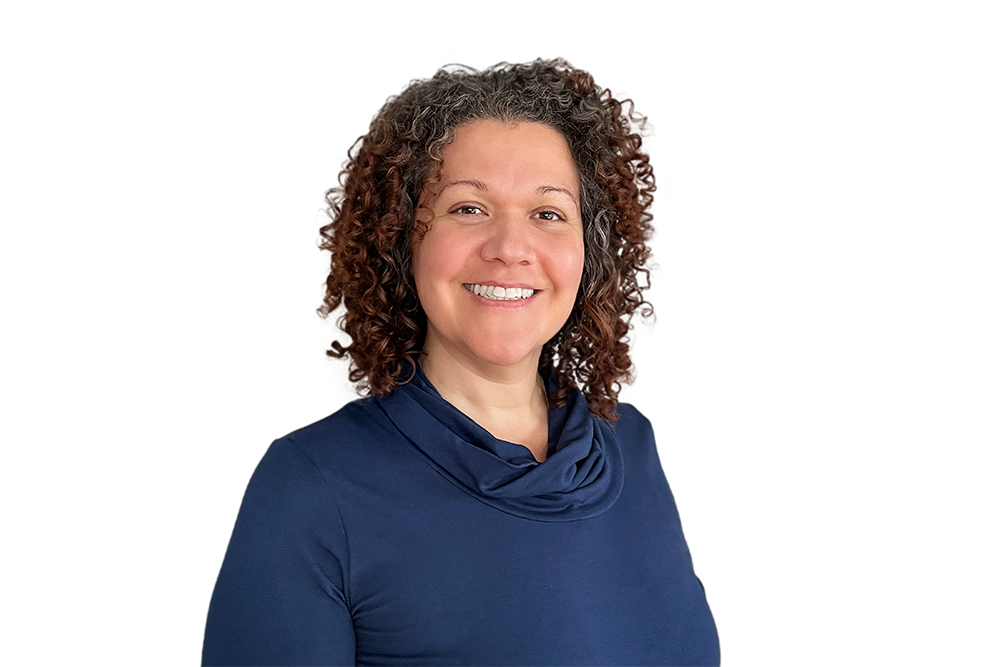Why Pride Month is the Perfect Time to Think about Belonging

“Queer not as being who you are having sex with—that can be a dimension of it—but queer as being about the self that is at odds with everything around it and has to invent and create and find a place to speak and to thrive and to live.” Bell Hooks
I am an Afro-Caribbean, queer, non-conforming woman who is also a leader in a global leadership development consultancy. I have been queer since I was young. Queer as in not really belonging, as in not enough in any community or box or label, and queer as in pushing against expectations and standards from others, systems, and even myself. And in June, I get to be seen and celebrated, and I find community with the 266 million LGBTQ+ people in the world.
I know firsthand what it means to spend your life trying to understand who you are in the world—a world that often aggressively tries to make you something else. And like many others in the family (as we often call ourselves), my queerness is my superpower. It is the foundation by which I get to model critical inclusive behaviors that give others permission to consider who they are and how to bring the best (and favorite) version of themselves to work.
To quote Tiffany Alvoid in her powerful TED Talk on microaggressions, “For some people, just being themselves can be a revolutionary act because their very being is crushing stereotypes of who and what they should be.”
Over the last two years, I have seen and felt leaders become more willing to invest in inclusion and belonging at work. But I am conscious that we can’t move toward belonging if our approach is based on policy or outdated models.
I strongly believe that a practical and heart-centered approach to inclusive leadership is what’s called for. And each of us can model that. So, to celebrate Pride month and to honor my beautiful LGBTQIA family and community, I’d like to share some reflections on inclusive leadership. And I invite you to try putting them into practice this month—and every month.
Firstly, make a conscious effort to be self-reflective, curious, and observant. Be aspirational in your mindset when you think about people who are different to you. Leaders who are genuinely curious constantly invite new ideas and are always learning, and being curious over being right is a hallmark of inclusive leadership.
Show your own vulnerability and model compassion. Even if you don’t have the same lived experiences as someone else, you can still have empathy and compassion toward them. Kindness can go a long way when you don’t know someone’s whole story. Showing your own vulnerability demonstrates your humanity to others—inclusive leaders let others see their whole selves too.
Be courageous enough to learn, make mistakes, and have the conversations. We can’t really strive to be more inclusive if we don’t understand the discrimination and exclusion that some communities face. We can all learn by taking the time to understand the lives of people who are not like us through news, blogs, and even novels that offer a window into the experience of other people’s lives. And most importantly, by listening; we can only really engage with others by deep listening and truly hearing what others have to say when we engage in conversations.
Lastly, in your everyday life at work, question the extent to which you are modelling and inviting a culture of psychological safety. Do people feel there is a safe environment in which they can be comfortable having difficult conversations? And where those conversations can continue without being shut down, sidelined, or trivialized?
So this Pride month, I want us to remember that showing respect and sharing in the value of our individual differences is a wonderful message for us all to rally behind, but also that in celebrating our progress toward a culture of belonging, we should be aware that we can’t stop making progress in any other month of the year.
Equality won’t happen based on momentum. If we stop actively engaging in taking forward steps toward belonging, then we will slip back into reverse, and the positive changes we have made risk being undone by complacency and a lack of positive action. Belonging is not achieved through one major push for momentum. We need to keep flying the flag every day in all that we do as leaders—we all have to be a little more queer.
Click here to read a personal account written by RHR Project Coordinator Jack Burns about why valuing others for their differences is important to creating psychological safety for all employees.








